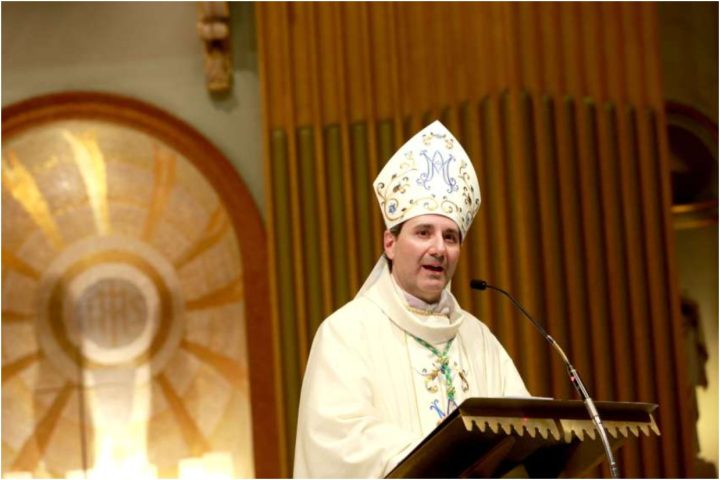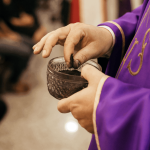A Quebec Superior Court judge has denied the Archdiocese of Montreal’s request for a stay of the legal obligation placed on a Montreal palliative care centre to offer assisted death to its residents.
Justice Catherine Piché said in her March 1 ruling that “the balance of convenience does not favour the issuance of a stay.”
On Feb. 5, Montreal Archbishop Christian Lépine had asked the court to temporarily stay the Act respecting End-of-Life Care that requires palliative care hospices to offer medical assistance in dying (MAiD) while it considered his application for judicial review in the matter of the St. Raphael Palliative Care Home and Day Centre in Montreal.
St. Raphael Palliative Centre was opened in 2019 as a unique collaboration between the Archdiocese and community stakeholders. When the English-speaking parish of St. Raphael the Archangel closed its doors in 2009 a plan was developed to create a future for the property as a 12-bed palliative care residence and Quebec’s first palliative day centre. The Archdiocese and a newly constituted organization, Maison St-Raphaël, signed a 75-year lease in 2016 transferring the land and buildings to the use of the centre. A specific provision of the lease was that the facility would never administer MAiD.
A June 2023 amendment to Quebec’s End-of-Life Care Act specifies that “no palliative care hospice may exclude medical aid in dying from the care they offer.”
After the November 2023 denial of the Archdiocese’s request for an exemption from the amendment, Lépine filed a petition for judicial review arguing that forcing MAiD on all hospices “without regard to their mission and values, the legislative amendments significantly interfere with the exercise of the right to freedom of religion and conscience.”
But Piché found that the matter of St. Raphael’s is not “a clear-cut case” of constitutional exceptionality.
“The fact remains that, at the stage of the application for a stay, the determination of the sincere religious belief in question remains preliminary,” she ruled.
“In the balance, this ‘moral dilemma’ is of lesser importance than the public interest in respecting the right to choose one’s medical care and treatment, including the right to benefit from medical assistance in dying.”
Piché implied in her ruling that the cited moral objections to euthanasia were specific to a small group involved in the St. Raphael project, rather than to Catholics generally.
“Let’s be clear: the members of the religious group who are faced with the ‘moral dilemma’ invoked, in addition to the applicants, are the donors, volunteers and former parishioners who initiated and supported the Maison St-Raphaël project over the years. It does not refer to all Quebecers of Catholic religion or belief.”




